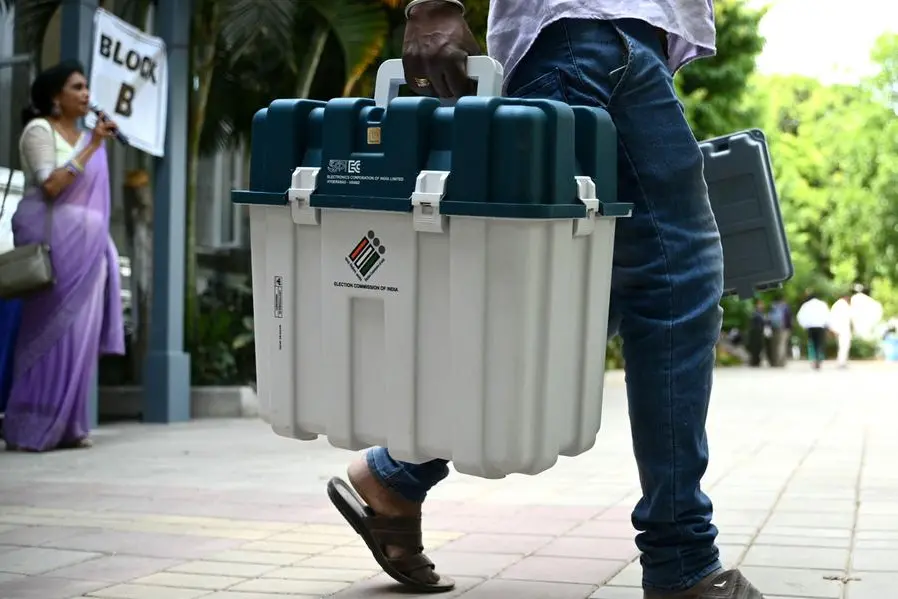PHOTO
Indian-administered Kashmir voted on Wednesday to elect its first government since New Delhi scrapped the Himalayan territory's semi-autonomous status, sparking widespread protest in a region wracked by a decades-long insurgency.
The change in 2019 by Hindu-nationalist Prime Minister Narendra Modi brought the Muslim-majority territory under New Delhi's direct control and was accompanied by mass arrests and a long communications blackout.
Since then the territory has been without an elected government, ruled instead by a federally appointed governor.
Security was high on Wednesday as the region's 8.7 million registered voters prepared for the second round of their first local election for a decade.
Paramilitary troops guarded polling stations and patrolled largely deserted streets in the main city of Srinagar, with few early voters seen, an AFP reporter said.
Polling stations opened at 7 am (0130 GMT), the government said.
Turnout is expected to be high unlike in past elections when separatists opposed to Indian rule boycotted polls, demanding the independence of Kashmir or its merger with neighbouring Pakistan.
Islamabad controls a smaller portion of the mountainous territory, divided since the end of British colonial rule in 1947, and like India claims it in full.
Polling in the first stage of the three-phased election -- staggered due to security challenges -- was held on September 18 when 61 percent of voters cast their ballots.
About 500,000 Indian troops are deployed in the region where a 35-year insurgency has claimed the lives of tens of thousands of civilians, soldiers and rebels, including dozens this year.
- Frustrations -
A high unemployment rate and anger at the 2019 changes have animated campaigning and regional parties have promised to fight for restoration of autonomy.
Key decisions will remain in New Delhi's hands, however, including security and appointing Kashmir's governor.
Delhi will also have the power to override legislation passed by the 90-seat assembly.
Modi's Bharatiya Janata Party (BJP) says the changes to the territory's governance have delivered a new era of peace to Kashmir and rapid economic growth, claims the regional parties vehemently dismiss.
The territory, officially titled Jammu and Kashmir, is split.
Modi campaigned for support in the Kashmir valley, promising a return of statehood without giving a timeline, while his powerful interior and defence ministers wooed voters in the Hindu-majority Jammu areas.
Critics have accused Modi's BJP of encouraging a surge of independent candidates -- nearly half of the 862 contestants -- in Muslim-majority areas to split the vote.
While the BJP has fielded candidates in all the constituencies of Hindu-majority Jammu, it is fighting only from about a third of the seats in the Kashmir valley.
The last round of voting will be held on October 1 with results expected a week later.





















